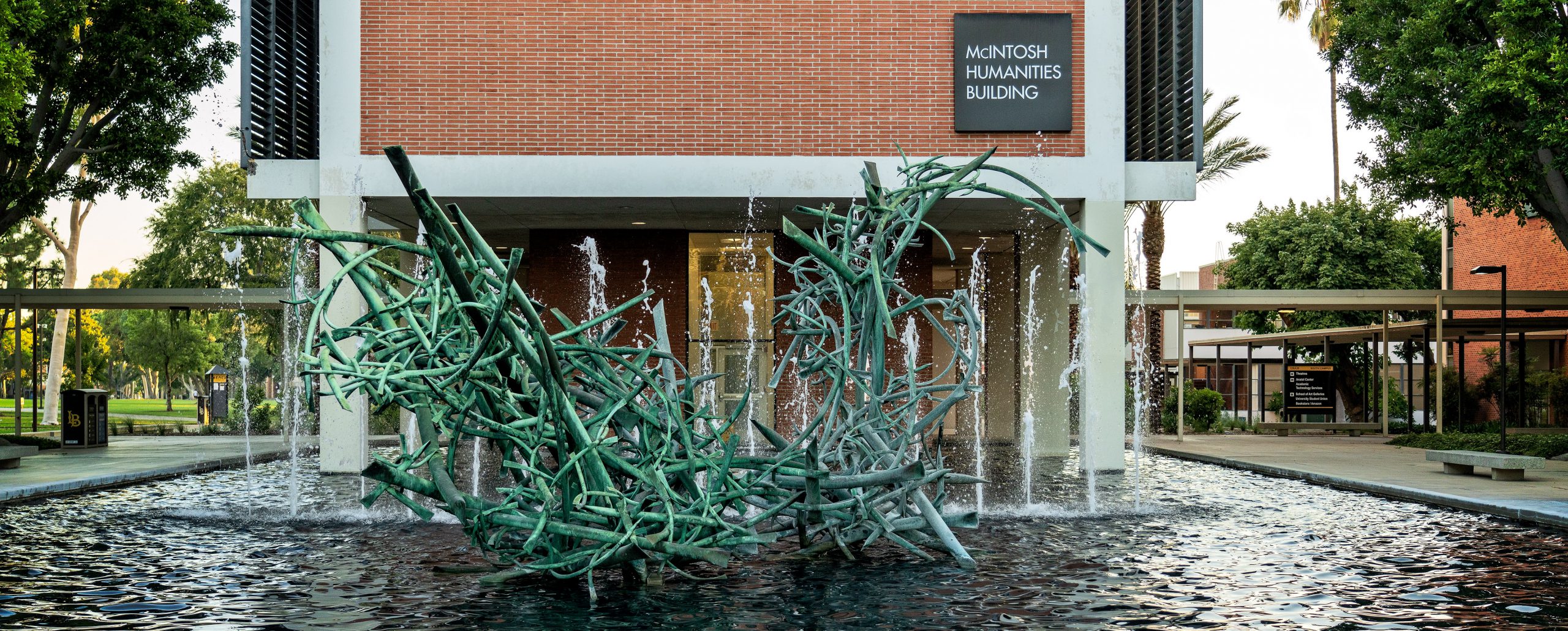CLA AND SOCIAL JUSTICE: BLACK LIVES MATTER
December 3, 2020In light of the recent protests and statements in support of Black Lives Matter and other anti-racist organizing efforts, the College of Liberal Arts is highlighting how its courses incorporate issues related to Black Lives Matter. We will highlight one course each month. You can view all of our courses here: https://cla.csulb.edu/black-lives-matter/
See the description below detailing how CLA faculty advance the anti-racist messaging of Black Lives Matter through assignments, readings, and pedagogical practices that affirm the lives, history, and culture of Black people across the globe. Descriptions fall into one of three categories—Long-Standing Practices, Recent Changes, and Future Plans—designed to demonstrate the ongoing nature of anti-racist efforts:
Instructor: Dr. Kevin Johnson
Course: COMM 441: Freedom of Communication
This course studies the First Amendment generally, and also has a long tradition of covering historical and contemporary issues of (anti-)racism in the United States. For example, the course covers many cases that explicitly discuss the relationship between free speech and (anti-)racist speech in the United States. Cases include Virginia v. Black (cross burning), NAACP v. Alabama (whether NAACP must disclose its membership list), Forsyth County v. Nationalist Movement (concerning a white supremacist rally on MLK’s birthday), Brandenberg v. Ohio (concerning KKK members brandishing weapons accompanying racist speech), Masterpiece Cakeshop v. Colorado Civil Rights Commission (concerning religious hostility, but also the upholding of race based anti-discrimination laws), Burwell v. Hobby Lobby (concerning Obamacare’s contraceptive mandate, but also upholding the compelling government interest to prohibit racial discrimination), Christian Legal Society v. Martinez (concerning membership requirements for student organizations, but also whether anti-discrimination policies may be constitutionally interpreted as an “accept all comers” policy or make permissible membership restrictions based on status/conduct distinctions including race), Elonis v. United States (involving threatening speech, but also whether an “intent to threaten” standard is constitutionally permissible for racist hate speech), and more. Students are assigned to engage in oral arguments about these cases, and are required to study the range of constitutional interpretations necessary to negotiate the relationship between law and anti-racist policymaking. We also unpack a complex episode of black lives in the judiciary, including issues of race and sex that were manifest in replacing America’s first African American Supreme Court justice Thurgood Marshall with Justice Clarence Thomas; including Anita Hill’s sexual harassment allegations that Justice Thomas “spoke about such matters as women having sex with animals and films showing group sex or rape scenes” and graphically describing “his own sexual prowess” and the details of his anatomy, and Justice Thomas’ defense that the entire episode was a “high-tech lynching for uppity-blacks…unless you kow-tow to an old order, this is what will happen to you, you will be lynched, destroyed, caricatured by a committee of the U.S. Senate, rather than hung from a tree.”
